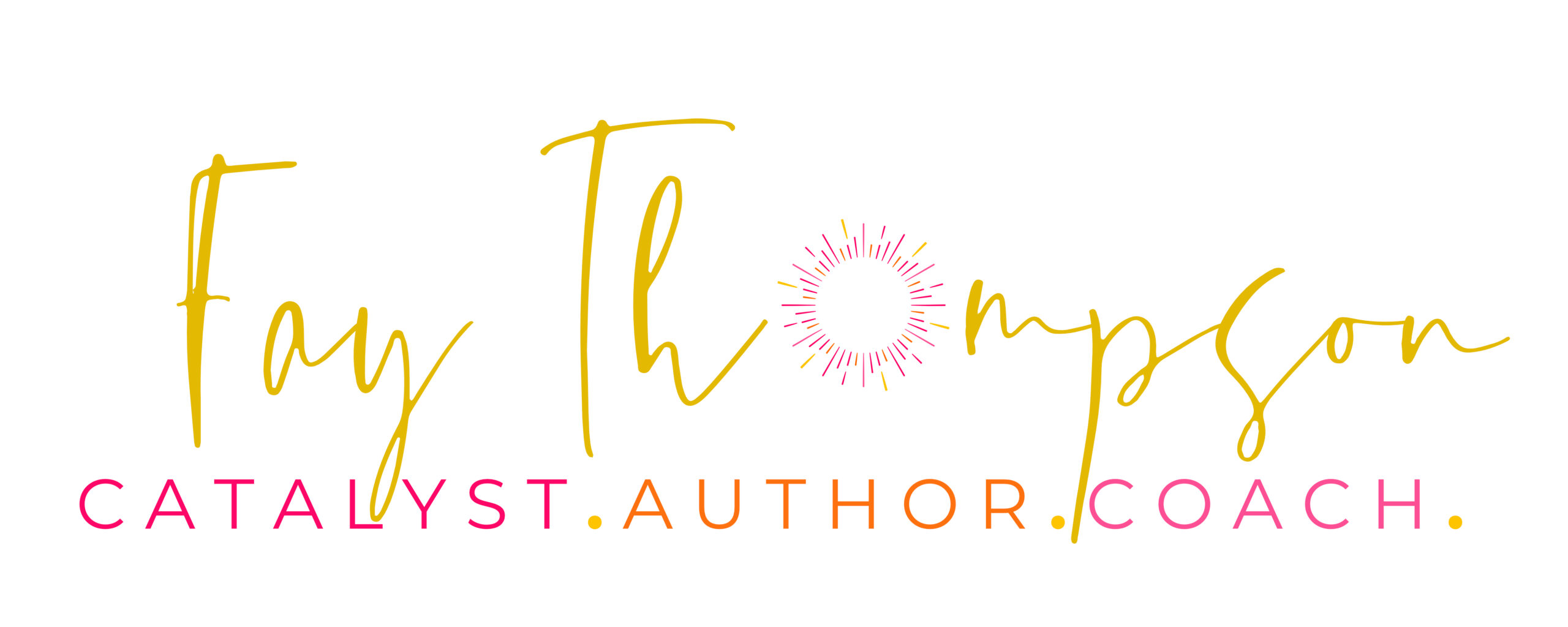5 Keys to Creating to Greater Possibilities
I have to confess. I come to conclusion a lot. And, only after 50 years on this earth have I realized that my conclusions are not creating anything greater for me. You might even come to the conclusion that I am a slow learner.
What’s wrong with conclusions? Nothing. It’s just that they do not open up to new possibilities. They do not offer anything new. They limit by putting boundaries and definitions around a subject so that whatever the conclusion is then becomes the “right” answer, and never changes from that moment on.
For example, have you ever come to the conclusion that you aren’t good with money or in relationships? Is that helpful? Have you ever come to the conclusion that you are not attractive enough or enough period? It’s tough to change a conclusion once we conclude it’s true. That’s the problem with conclusions.
Questions create possibilities. Questions allow for change. Questions don’t nail anything down or define things with limitations, judgments, or opinions. Questions open up space for miracles.
Yes, I’ve come to the conclusion that conclusions are not helpful. Which is still a conclusion, and not a choice or a possibility or a step to change.
How many conclusions do you operate from on a daily basis that are not creating change, happiness, or actually contributing to your life in any way?
I have tons (which is yet, another conclusion).
Slowly, I have been challenging myself to be in question and to truly change from being a serial conclusionist to a walking undefined possibility.
How is that going?
Truthfully, it’s weird. It’s different. It’s uncomfortable. It’s empowering. And, it’s eye-opening.
It means challenging and changing every conclusion I have ever made about myself and my life.
If you actually would like to try this approach yourself, here are 5 key pointers to moving away from conclusion and opening to greater possibilities:
1. Recognize every time you say the word “because”, you are creating a conclusion. Instead, go into question. Is that true? What else is possible?
2. Recognize every time you think you are right, you have come to a conclusion. A conclusion is another name for a right answer. What if there is no right or wrong? What else might be available to you if we didn’t need to define and conclude?
3. Conclusion puts people into defining what and how much they can get. A question opens the floodgates to giving unconditionally and receiving with gratitude. There are no conclusions about what receiving means, therefore, there are no obligations. You can just receive and give without strings attached.
4. A great question other than, “What else is possible?”, to get you out of conclusion is “What can I contribute here?” This question is awesome because you will become aware that you actually can be a contribution and are not worthless as we so often judge ourselves as.
5. Finally, do not come to the conclusion that you are failing, doing it wrong, or simply useless when you constantly find yourself back in conclusion. Just use it as a impetus to go back into question. If you relentlessly train yourself back to question, eventually it will happen naturally.
——————————————–






